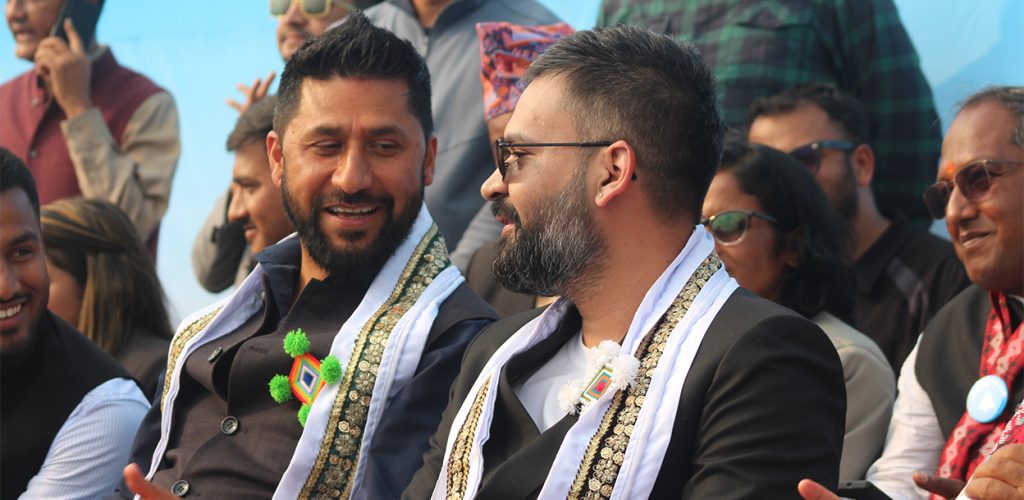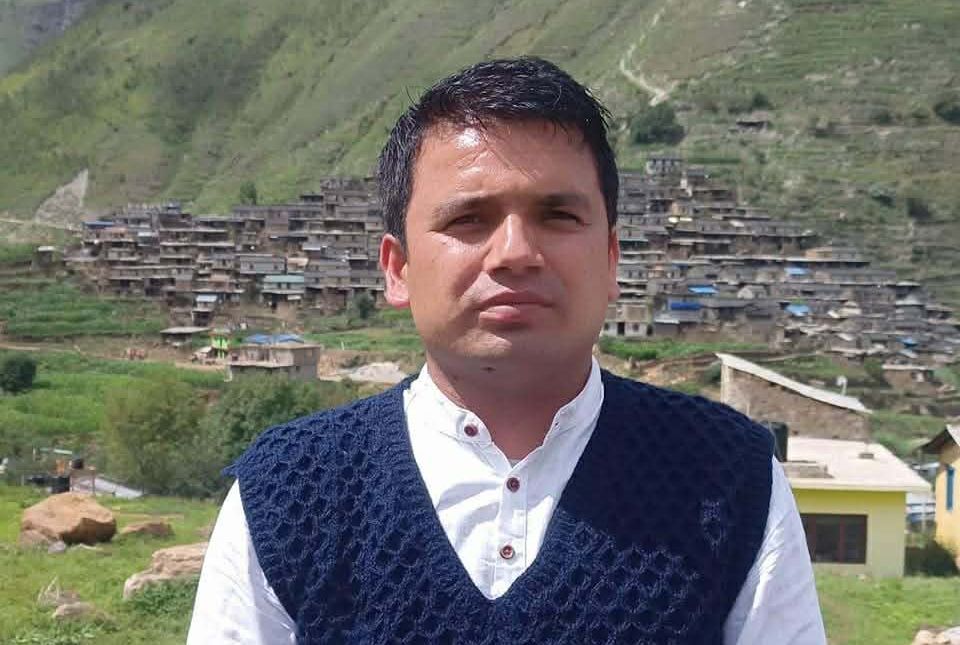In the summer of 2020, then prime minister KP Sharma Oli, with the intention of dissolving the House of Representatives, was on his way to meet President Bidya Devi Bhandari. No one in their right mind had thought that Oli, who was leading the erstwhile Nepal Communist Party that had won a two-thirds majority in the 2017 general elections, would do that; even the constitution had not given him the right to do so. What was strange was Oli did not even discuss the idea of dissolving the house within his council of ministers.
But, just before Oli was on his way, he was stopped by his chief political advisor Bishnu Rimal.
Yet, Oli was adamant that he wanted a change. While politicians from his own party were opposed to the idea and started talking about replacing Oli, he even threatened that he would “break” the PM’s chair in such a manner that no one would be able to sit on it.
Before his decision to dissolve the lower house, he even spoke to his own party’s co-chair Pushpa Kamal Dahal and told him how he’ ha made everything ready for the dissolution of the house and he only needed the signature of the president. That is exactly what happened on December 20, 2020.
The president signed Oli’s document and the house of representatives was dissolved. This caused a lot of noise in the country as political analysts started to question the integrity of the position of the president.
Dahal had warned such a thing would happen during a party secretariat meeting a month prior to the dissolution. Oli, knowing that he did not have the support from people within his party, went ahead with his plan.
Oli, aware that he would not meet the constitutional criteria for the dissolution of the House of Representatives, did it anyway. This meant that the country, which had only received some political stability, was on the brink of getting back to where it was again.
In the next year since then, Oli’s decision not only split the erstwhile NCP but also brought cracks in the CPN-UML camp. The leadership got changed not only in the central government, but most of the provincial governments too, which meant the country took two steps backwards. “The dissolution brought instability. It set bad precedence as even a two-third majority government failed,” says senior advocate Satish Krishna Kharel. “This has boosted the confidence of radical parties while it, in many ways, also made democracy look like a joke.”
Preparations for the unconstitutional move

The decision to dissolve the house was not made haphazardly. People close to Oli say preparations were underway for a long time. They say even though Oli was the party chairman, he was quite insecure about the future as he did not trust many people. So whenever he felt that his position was weak, he would always suggest dissolving the house.
The first time he felt he needed to dissolve the house was when his party leaders requested him to quit as the party chair. This did not go down well with him. Hence, he met Chief Justice Cholendra Shamsher Rana to bring a new ordinance that would make it easy for Oli to change the clause related to the Constitutional Council’s meeting. Post-ordinance, everyone started calling for Oli’s resignation, but he was adamant.
A little while later, Oli did something that again did not go down well with political parties. The second wave of Covid-19 was at its peak when Oli brought an ordinance related to political parties on April 20, 2020.
Analysts say this move was quite low from Oli who, despite being on top of the political ladder, felt weak and brought an ordinance to prove he was still powerful. He felt his power was weakening when his party members started to question Oli’s working as a prime minister. Others believe he brought the ordinance because Dahal, who was the NCP’s co-chair, was opposed to the Millennium Challenge Compact. Everyone was criticising Oli and his decision, but he was not fazed by any of it. Wanting to show every one of his power, Oli started to take whimsical decisions on issues of national importance.
The origin of political instability

Narayan Kaji Shrestha, the spokesperson of erstwhile NCP, says the dissolution of the house will have a long-term impact on Nepali politics.
“Oli made three major mistakes. First, he disregarded and disrespected everything the NCP stood for. Second, he attacked a unified party that had just won the elections and disrespected the communist movement. And finally, he mocked our constitution that took years to draft,” says Shrestha.
While Shrestha says this, some leaders from the NCP say that had Oli not dissolved the parliament, the other chair, Dahal, would have taken over the NCP. But, how right was it on Oli’s part to disregard the constitution to save his party? Oli has not answered this questions nor have his close aides.
In fact, the involvement of the judiciary in executive affairs began with Oli when he apparently consulted Chief Justice Cholendra Shamsher Rana on several political issues before dissolving the house.
Current Minister for Urban Development Ram Kumari Jhakri says Oli’s idea to dissolve the parliament in December 2020 left a bad taste on everyone as it was completely needless.
“He did it for his personal gain and that is what was wrong,” says Jhakri. “We tried so hard to ensure Oli didn’t break the system, but we could do nothing and that resulted in our party splitting. But, our efforts are still underway to ensure that people like Oli don’t ruin this system.”
But, despite such efforts, the move of December 20, 2020, already has had a severe impact on national politics. Multiple parties split. The opposition leader became the prime minister.
More importantly, no one is sure if the country will get political stability in the next few years.



























